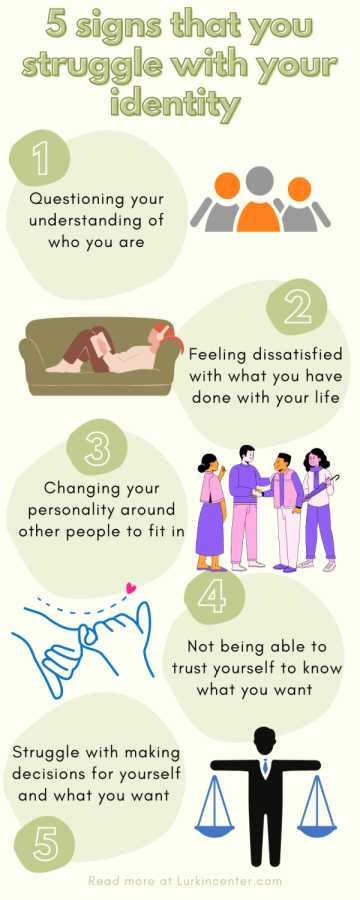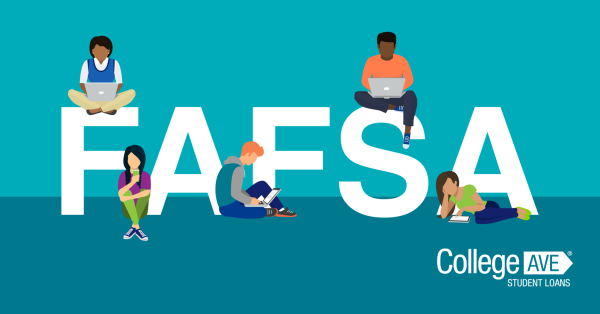Societal Standards and School: How Do They Work Together?
Society has great standards on what is supposed to be “normal.” One of the great ways that people are transformed to what societal standards are is through school. In many schools across the nation, the required “standards” that each teacher must have within their curriculum, adds to how schools strip students from self identity and form them into work driven people rather than risk takers.
What is self identity? According to the Encyclopedia, the true definition of self-identity is what a person believes who they are. That could be what their beliefs, morals or wants are. In some cases it can also be what they identify as such as pronouns.
At Spring Valley High School, some students believe that schools as a whole take students’ creativity and motivation to be who they are.
“The number one thing that is wrong with the school system is how schools prioritize education over everything else. Students think that homework is more important than actually taking care of themselves,” said junior Alexandra Reed..
Also to mention, students lose themselves as they can only focus on school. They have no time to reflect on who they want to be as they grow older or who they are in the current moment. In some cases, this can lead to students to grow up faster or cause them to feel alone.
“I feel like for the longest I lost some parts of who I really was because of how the school environment was. I felt really isolated and that made me lose sight of who I truly was for some time,” junior Alyssa Molina said. “Unfortunately, I do think I had to grow up faster than usual.”
Furthermore, some claims have been made that schools do not successfully help students. Instead of preparing students for real life situations, they hold students back from greater opportunities on their own. Ultimately making students form into societal standards.
“I don’t think schools build people for society, we sit in brick walls for eight hours a days just to soak up information, while having to ask to do simple human functions such as talking and using the restroom,” senior Allyson Potter said, “Kids [later] build social anxiety, and the need to depend of someone telling them what to do and when to do it in life due to these procedures.”
As schools focus more on education rather than their students to help them succeed in finding who they are, this causes students to feel a loss of themselves.
“I feel like your identity is something you find within doing extracurriculars and hanging out with people around you, your identity is also based off of what you like and how you learn,” said Potter. “I feel as if junior year in a whole had this feeling of being lost as a person, you’re jumping around friend groups, worrying about grades and test scores for college, and everything is pure stress, which in my opinion makes me lose sense of reality and myself.”
Although many seem to agree that schools do form students to fit the perfect idea of a citizen in society, the question is, how can we stop students from feeling this way? What can schools do differently?
One solution could be instead of giving students so many classes that are primarily focused on fitting educational standards, students should be given the opportunity to have shorter class periods with more interactive activities. For example, instead of sitting there listening to a lecture, having to write assignments constantly or more, students should be given the opportunity to look at themselves by having more time to socialize with their peers. This can help students open up to new people and perspectives while still gaining the education they may need in their future.
Schools should allow students to have the ability to freely express themselves how they wish to be expressed. If the school had less of a strict dress code, more people would be open to the idea of wearing what they want. This can help students express who they are or who they want to be.











